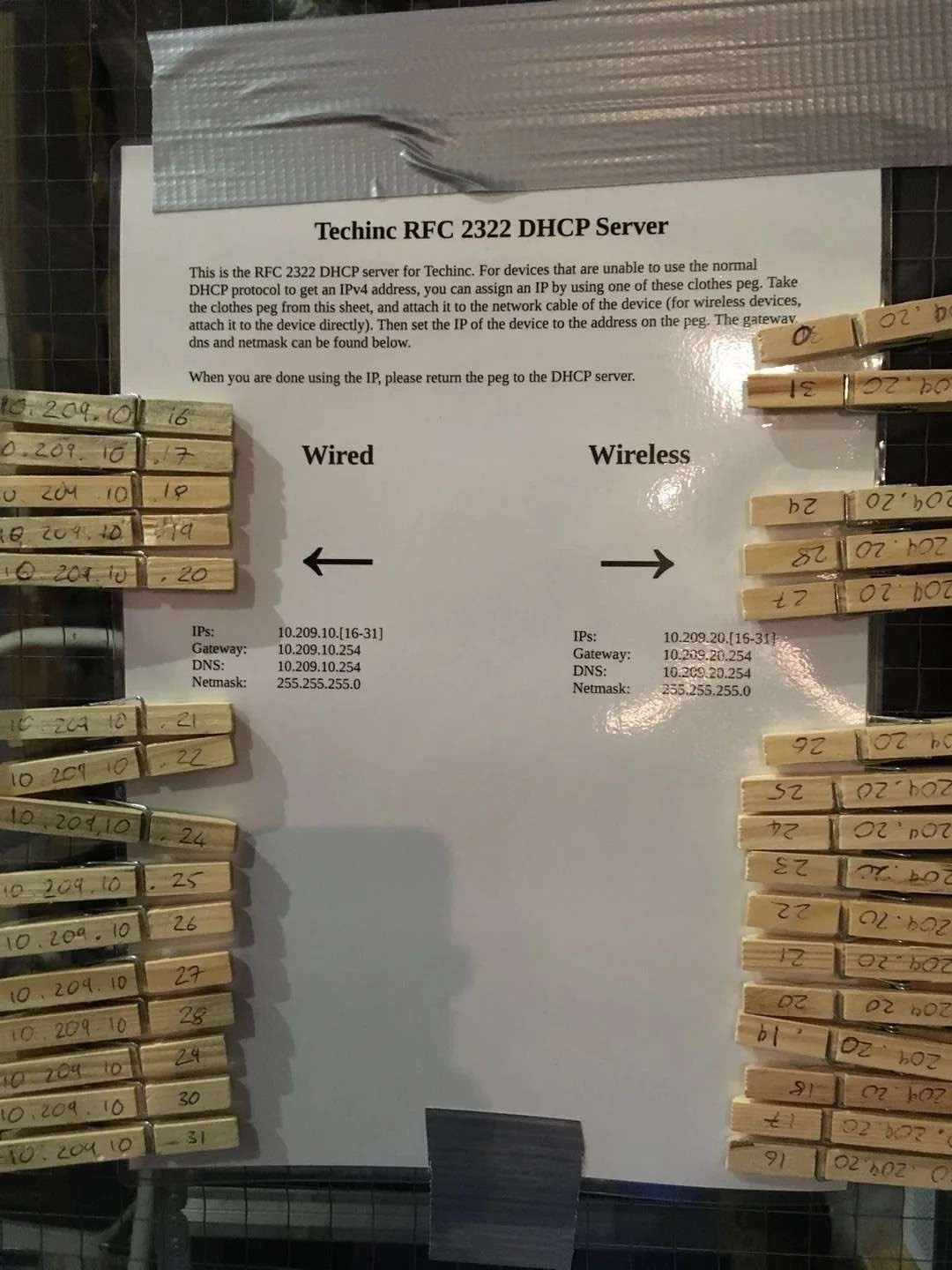this post was submitted on 04 Apr 2024
723 points (100.0% liked)
Technology
37800 readers
318 users here now
A nice place to discuss rumors, happenings, innovations, and challenges in the technology sphere. We also welcome discussions on the intersections of technology and society. If it’s technological news or discussion of technology, it probably belongs here.
Remember the overriding ethos on Beehaw: Be(e) Nice. Each user you encounter here is a person, and should be treated with kindness (even if they’re wrong, or use a Linux distro you don’t like). Personal attacks will not be tolerated.
Subcommunities on Beehaw:
This community's icon was made by Aaron Schneider, under the CC-BY-NC-SA 4.0 license.
founded 2 years ago
MODERATORS
you are viewing a single comment's thread
view the rest of the comments
view the rest of the comments

The RFC is actually real, though it it basically a joke: https://www.rfc-editor.org/rfc/rfc2322
It's not a joke if it specifies a procedure to solve a real-world problem.
RFC 2549 is a joke, RFC 1149 is almost a joke (basically a spec for a sneakernet, XKCD What If 31 ), RFC 2324 is mostly a joke but also an example of IoT... and a similar thing goes for all of these:
https://tangentsoft.com/rfcs/humorous.html
Even the ones most intended as a joke, have some grain of usefulness in them.
The XKCD one is interesting, but seems to be missing the transfer to/from the storage medium sent by FedEx.
If I want to move data from my computer to yours over the internet, the internet bandwidth between our devices/networks is the main consideration. If I’m FedExing SD cards or HDDs, I’ve also gotta take into account the transfer times to get the data ONTO those devices.
I wonder how the analysis would fair when taking into account:
Written on 1 April 1998. definitely a joke, though it does work.